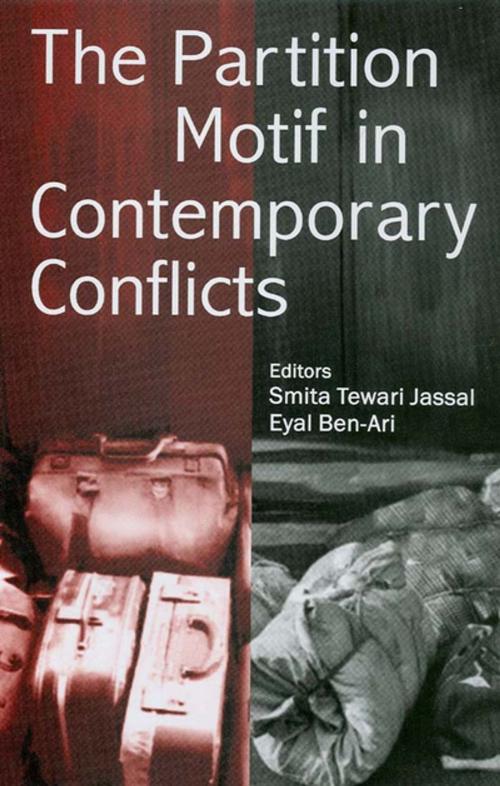The Partition Motif in Contemporary Conflicts
Nonfiction, Social & Cultural Studies, Political Science, Politics, Economic Policy, Business & Finance, Economics| Author: | ISBN: | 9789352800421 | |
| Publisher: | SAGE Publications | Publication: | January 11, 2007 |
| Imprint: | Sage Publications Pvt. Ltd | Language: | English |
| Author: | |
| ISBN: | 9789352800421 |
| Publisher: | SAGE Publications |
| Publication: | January 11, 2007 |
| Imprint: | Sage Publications Pvt. Ltd |
| Language: | English |
This important book is a dialogue on the theme of partition and its far-reaching sociological implications for communal patterns, generational dynamics and individual lives. While the governing imagery of partition is drawn from the context of India and Pakistan, the analysis compares similar processes in the context of Israel and Palestine and East and West Germany. Developing the concept of 'partition-societies', the volume succinctly explains the social, economic and political implications of such divisions.
The lens of partition is used to focus on how societies that have experienced breaks and traumas are organized and constituted and the ways in which they deploy their understanding of the past to reconstruct themselves. The book enquires into ways in which local communities as well as wider national entities use their knowledge of the past. The international contributors to this volume show how this separation was of significance not only in the strict political sense but formed the basis for long-term processes of identity, of memory and inspiration, and the very basis on which different societies were organized.
This important book is a dialogue on the theme of partition and its far-reaching sociological implications for communal patterns, generational dynamics and individual lives. While the governing imagery of partition is drawn from the context of India and Pakistan, the analysis compares similar processes in the context of Israel and Palestine and East and West Germany. Developing the concept of 'partition-societies', the volume succinctly explains the social, economic and political implications of such divisions.
The lens of partition is used to focus on how societies that have experienced breaks and traumas are organized and constituted and the ways in which they deploy their understanding of the past to reconstruct themselves. The book enquires into ways in which local communities as well as wider national entities use their knowledge of the past. The international contributors to this volume show how this separation was of significance not only in the strict political sense but formed the basis for long-term processes of identity, of memory and inspiration, and the very basis on which different societies were organized.















